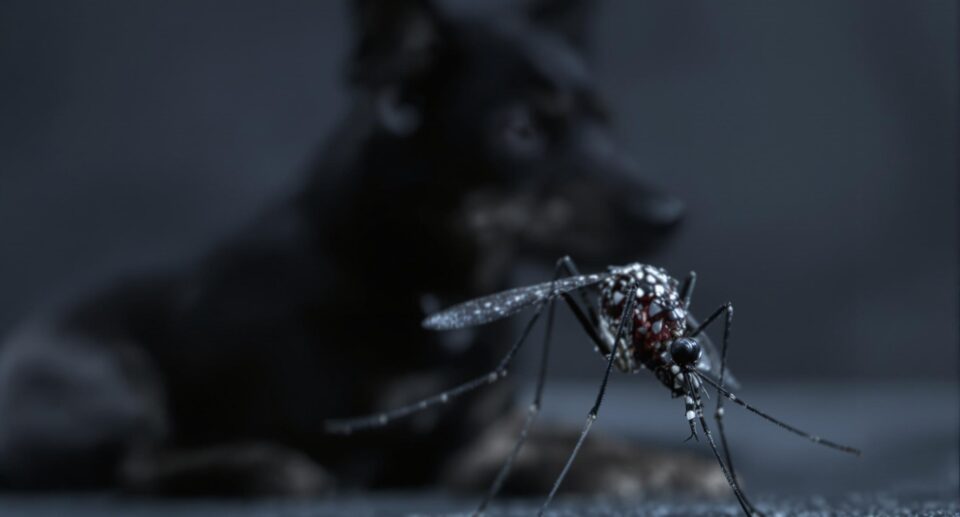Cushing’s Disease in Dogs

What is Cushing’s disease?
Cushing’s disease in dogs and cats is an excess of cortisol, the hormone normally released by the adrenal glands when pets are stressed. Cushing’s disease is also called hyperadrenocorticism
Key facts about Cushing’s disease in dogs and cats
- Pets with Cushing’s disease are stressed mentally & physically.
- Bald patches and skin disease are often the first symptoms.
- Cushing’s disease generally requires lifelong treatment.
What causes Cushing’s disease?
Cushing’s disease can be caused by the steroid medications we give a pet, by brain dysfunction, or by adrenal dysfunction. The most common cause is the giving of steroids to control inflammation. When Cushing’s disease is caused by the steroids we give pets, it is called iatrogenic Cushing’s disease. Usually iatrogenic Cushing’s disease resolves when steroids are stopped.
Other pets will have Cushing’s disease due to a problem with the pituitary gland, which sits deep in the brain behind the eyes. Either the pituitary receives the wrong message from the hypothalamus, or the pituitary spontaneously begins secreting too much of the hormone (adrenocorticotrophic hormone or ACTH) that stimulates the adrenal glands.
Which pets are most at risk for developing Cushing’s disease?
Among the dog breeds genetically predisposed to develop Cushing’s disease are poodles, dachshunds, and terriers. Cats also develop Cushing’s disease, but there is no breed predisposition.
- Poodles
- Dachshunds
- Terriers
Why is Cushing’s disease bad for my pet?
Cushing’s disease affects your pet’s entire body. It raises blood pressure, thins the skin, causes hair to fall out, and makes the immune system less effective at fighting disease. The liver swells, the muscles become weak, the testicles shrink, and your pet develops pimples. In addition, he or she may pant, and may develop facial nerve palsy. Fortunately, Cushing’s disease is treatable.





